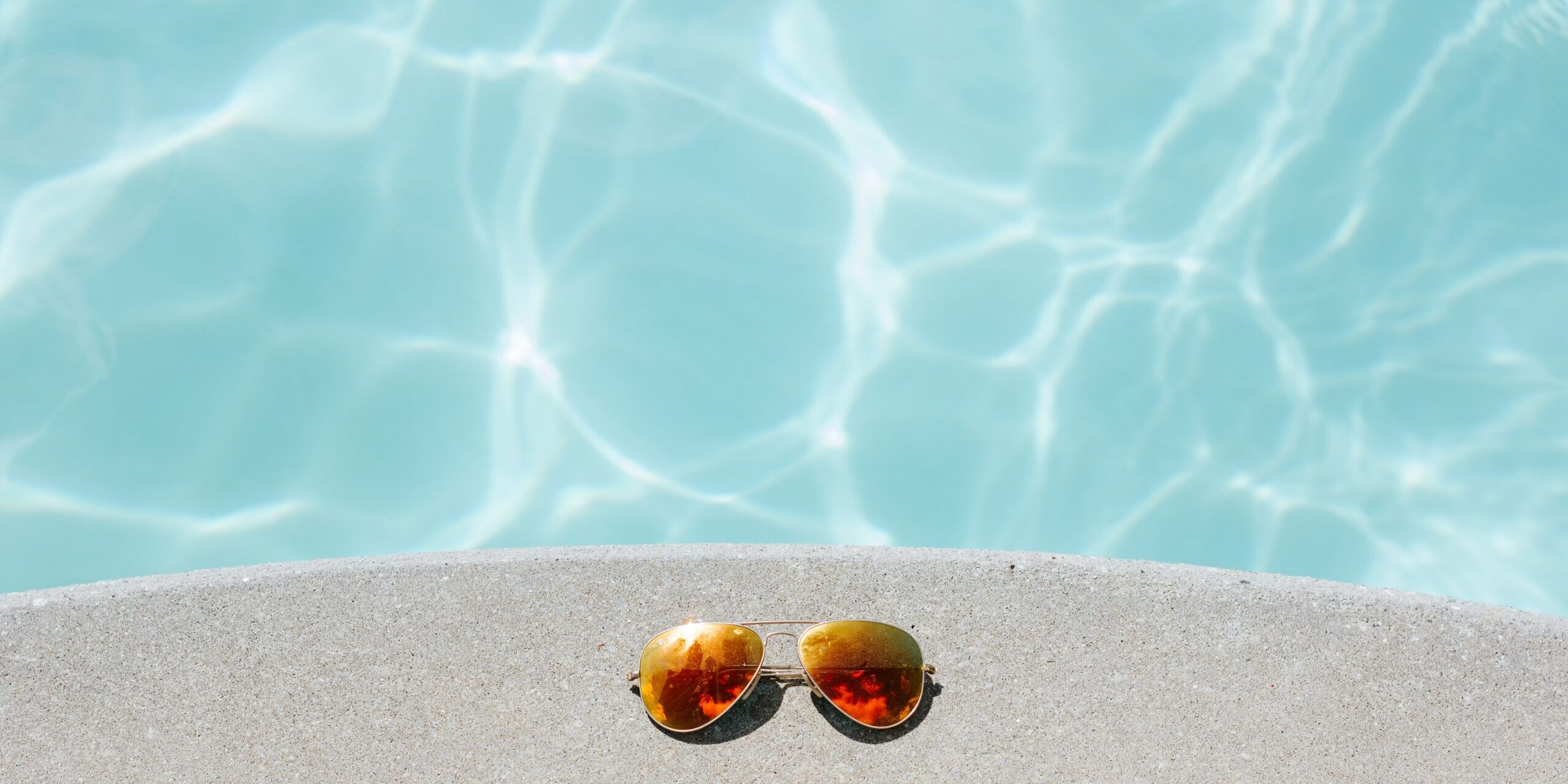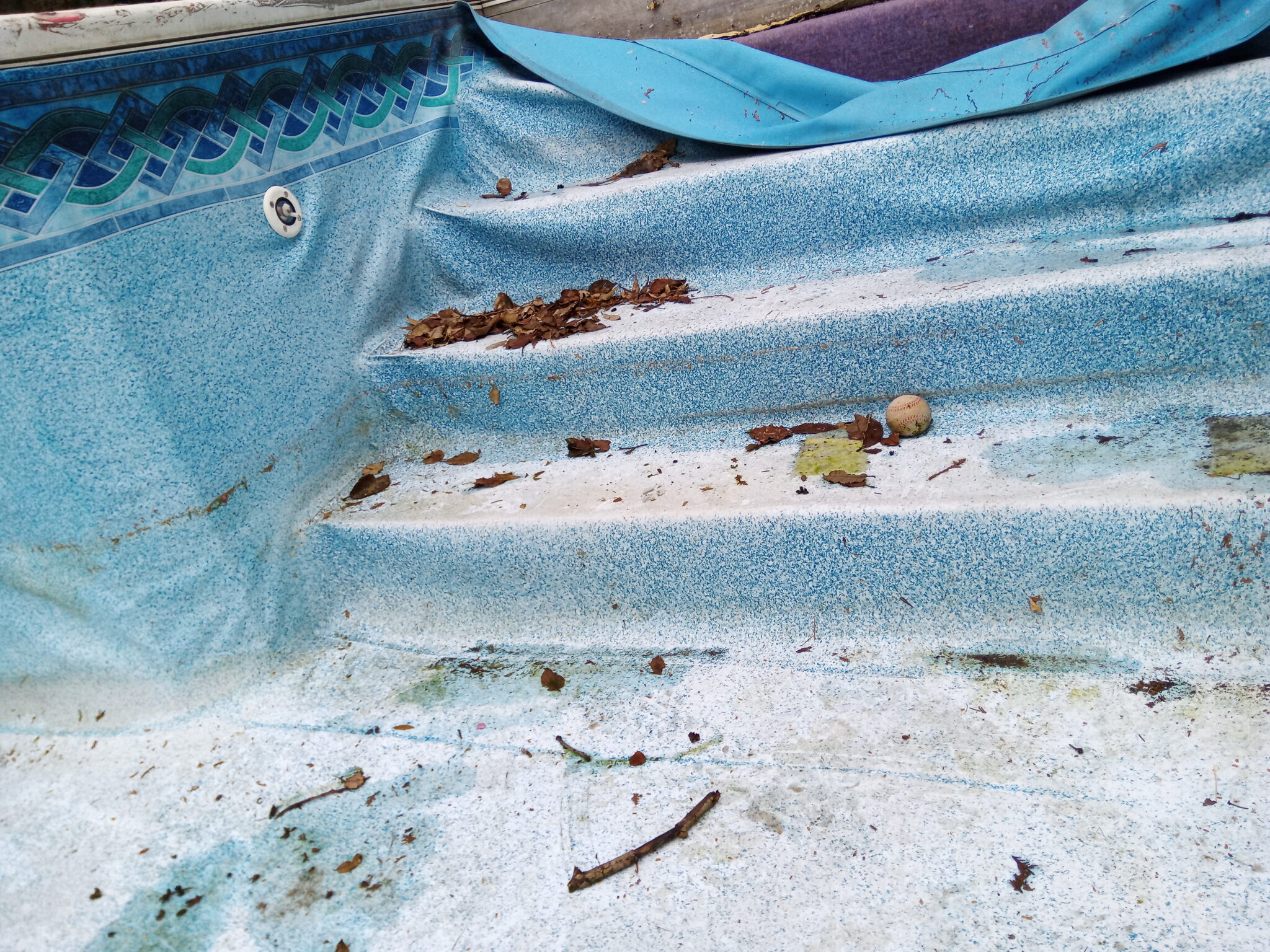Summer gets busy, especially for pool owners. It is easy to let a week or two slip by. But doing a few simple tasks every week will save you time and trouble in the long run. Keeping your pool water clean and chemically balanced is crucial for maintaining a healthy and safe swimming environment. By the time we can see a problem it is often late in the game. If your pool water becomes cloudy or murky, it may already be starting to damage your pool equipment. Once there is algae growth in your pool, it will need additional chemicals and scrubbing. At Coastal Pools we recommend that you establish a weekly pool maintenance routine. This routine should include testing the chemicals and physically cleaning and maintaining your pool.
Importance of Balanced Water Chemistry
When you opened your pool, you tested the pool water to ensure that the chemicals you added were in proper balance. But this balance will not be maintained on its own. The chemicals in the water will dissipate or interact with one another over time. Both sunshine and heavy rain will affect them. Debris from the environment and swimmers’ bodily oils and fluids will ‘use up’ the sanitation chemicals. To keep your pool clean and clear, you will want to monitor and adjust the chemicals every week.
It is important to test your pool weekly for chlorine, calcium hardness, alkalinity and pH balance. Testing and adjusting for each of these factors will ensure the safety and comfort of your swimmers. It will also lengthen the lifespan of your pool and equipment.
Keep your swimmers safe and healthy
There is nothing better than splashing around in the backyard pool on a hot day! You want to know that your friends and family can enjoy the pool safely. Even pools that look crystal clear can harbour bacteria and viruses. And the wrong balance of chemicals can pose health risks too.
Maintain the right chlorine levels
Insufficient chlorine levels can lead to waterborne illnesses and algae growth. According to the CDC, free chlorine levels must be maintained at 1 – 3 ppm (parts per million). Free chlorine is chlorine that is chemically available to sanitize your pool. Proper chlorine levels ensure that there is enough available chlorine to kill bacteria, viruses and algae.
The importance of pH balance
To maintain a safe swimming environment, it is also important to have the right pH levels. If the pH levels are above 7.6, the chlorine product you add to the water will be less effective. In other words, there will be less free, or chemically available, chlorine to sanitize your pool. If the pool water’s pH is too acidic (below 7.2), swimmers may experience skin and eye irritation.
Physical cleaning of your pool is essential
Keeping your pool brushed and vacuumed is an important part of sanitizing your pool. Debris and impurities that collect in the water and on the pool surfaces ‘eat up’ the available chlorine. Removing these impurities helps to ensure a safe level of available chlorine will be maintained.
Protect your investment in your pool
You’ve made a significant investment in your pool, and you want to make the most of it. This means taking the time to enjoy it with family and friends. It also means establishing a weekly routine to protect your pool surfaces and equipment.
Preserve your pool liner
While chlorination is essential for keeping pool water clean and safe, over-chlorination can quickly damage your pool liner. High chlorine levels can strip the colour from plastic liners, making them look faded and unattractive. This is particularly noticeable with darker or patterned liners.
When exposed to excessive chlorine over time (more than 3 ppm), the pool liner will also become brittle. Excessive chlorination breaks down the plasticizers which keep pool liners flexible and durable. A brittle liner will tend to develop cracks or tears.
Testing and adjusting chlorine levels weekly will prolong the life of your pool liner. This will save you money and preserve your pool’s aesthetics.
Extend the life of your pool equipment and surfaces
You will also want to test weekly for pH balance, alkalinity and calcium levels. This will preserve your pool surfaces and equipment, including your pool heater’s heat exchanger. If your water’s pH is not balanced, your heat exchanger and other equipment may become damaged prematurely.
Your pool heater works as the pool water flows around the metal coils inside its heat exchanger. If your pool water is acidic (low pH) it will cause these metal coils to corrode. This will cause leakage and make your pool heater less efficient. Acidic water will also corrode other pool equipment and the plaster surfaces of your pool.
High pH (basic or ‘alkaline’) water tends to precipitate calcium into the water. This leads to scaling or calcium deposits in the heat exchanger. This scaling causes your pool heater to work harder, consume more energy, and eventually fail. Heat exchangers built to last ten years can fail within six months due to poor water chemistry. The lifespan of your other pool equipment and surfaces will also be affected by scaling or calcium deposits.
Simple Weekly Pool Maintenance Tips
A simple weekly routine will ensure the safety of your swimmers and preserve your pool and its equipment. Protect your investment and your swimmers by following these simple steps for pool maintenance:
- Test the Water: Use a pool testing kit to check the levels of chlorine, pH, alkalinity, and calcium hardness. Adjust the levels as needed.
- Clean the Pool: Skim the pool surface, vacuum the pool floor, and brush the walls to remove debris and prevent algae growth.
- Check and Clean the Filter: Inspect the filter for damage and clean it as needed to ensure proper water circulation and filtration.
- Inspect Pool Equipment: Regularly check the pool pump, heater, and other equipment for signs of wear, leaks, or damage.
We are here for you
At Coastal Pools, we understand the challenges of maintaining a pool. None of us gets it right all the time. We also know that establishing a weekly pool maintenance is important to protect your investment and your family’s health.
If you need a helping hand, and you live in the London or St. Thomas area, contact us today. Sometimes a little help is all you need to stay on track and ensure you have a great summer.




